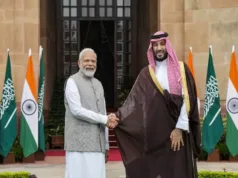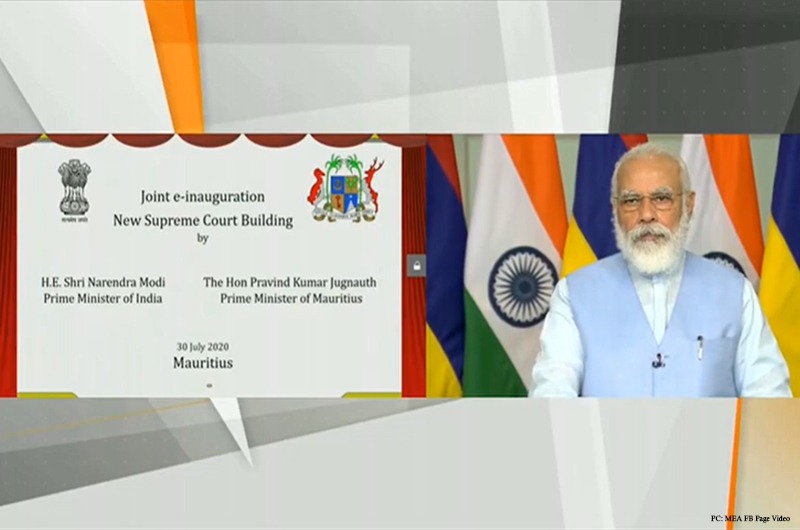
The National Women’s Party, India’s first ever all-women political party, was launched on Monday in Mumbai, Maharashtra. Under the leadership of social activist Shweta Shetty, the party will be contesting elections for 283 Lok Sabha seats in 2019
India’s first all-women political party, the National Women’s Party, launched in Mumbai on Monday, announced that it will be fighting for half of the total 545 Lok Sabha (lower house of Indian Parliament) seats in the upcoming General Elections. The party has been founded by Indian activist and medical professional, Shweta Shetty and strives to attain 50% reservation for women in the lower house of the Indian Parliament. The political party describes itself as a “party of mothers”.
Explaining the establishment and aim of the party, Shweta Shetty asserted, “This party is a historic step in our mission to ensure equal representation for women in Parliament. Our ideology is to remove gender disparity in politics and thus create equal importance for females in the patriarchal Indian society”.
The decision to ensure 33% reservation for women in the lower house of the Indian parliament is now over two decades old and yet there continues to be a lack of implementation. Activist Shweta Shetty highlighted that in a nation where most political decisions continue to be taken by men there cannot be true “women empowerment”. The Chief of the Party further added, “The NWP plans to create an environment for full development of women which enables them to realise their full potential and help achieve the goals of empowerment”
According to a NWP press release, the party has the support of close to 1.5 lakh female members of the “Telangana Mahila Samiti and the numbers are persistently increasing across India”. The National Women’s Party, primarily, represents the underprivileged women, seeking to end “Husband Raj” in grass-root governance. It will also be launching a women-safety app, ‘Mahila Rakshak’ amid increasing crimes against women.
The NWP plans on opening a Youth Parliament for the political education of young women to involve them in the country’s political processes.








